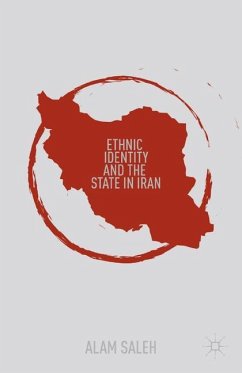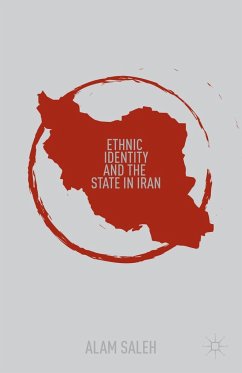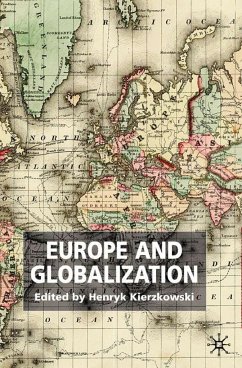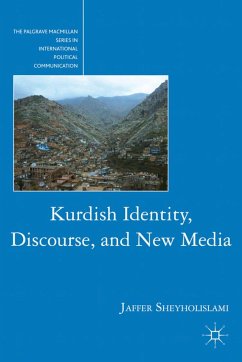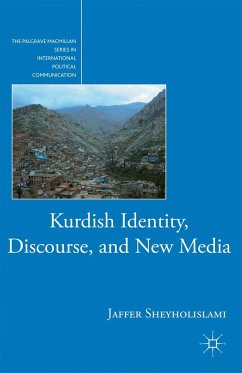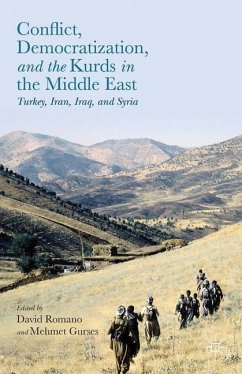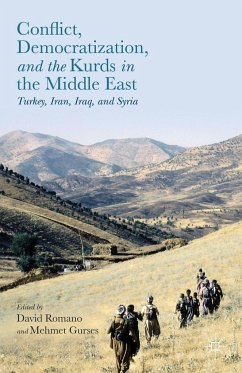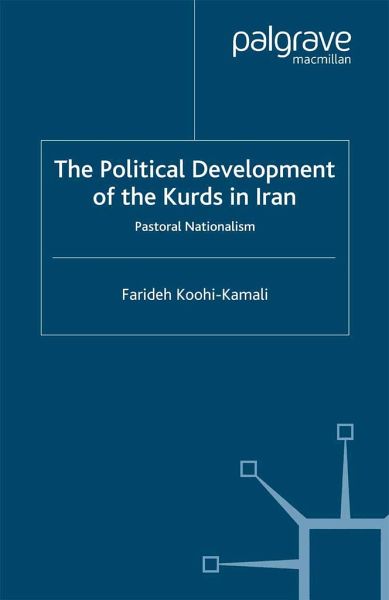
The Political Development of the Kurds in Iran
Pastoral Nationalism

PAYBACK Punkte
38 °P sammeln!
This book looks at Kurdish Nationalism in Iran and examines the links between the structural changes in the Kurdish economy and its political demands. Farideh Koohi-Kamali argues that the transition of the nomadic, tribal society of Kurdistan to an agrarian village society was the beginning of a process by which Kurds saw themselves as a community of homogenous ethnic identity. The political movements of Kurds in Iran are discussed to illustrate that the different phases of economic development of Kurdish society played a great role in determining the way in which Kurds expressed their politic...
This book looks at Kurdish Nationalism in Iran and examines the links between the structural changes in the Kurdish economy and its political demands. Farideh Koohi-Kamali argues that the transition of the nomadic, tribal society of Kurdistan to an agrarian village society was the beginning of a process by which Kurds saw themselves as a community of homogenous ethnic identity. The political movements of Kurds in Iran are discussed to illustrate that the different phases of economic development of Kurdish society played a great role in determining the way in which Kurds expressed their political demands for independence.







